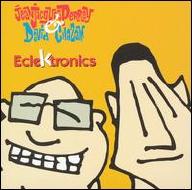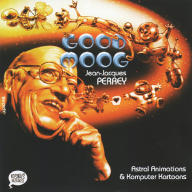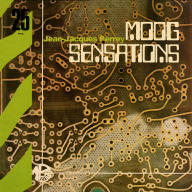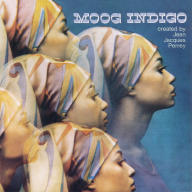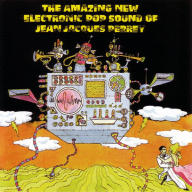In the early '50s, Perrey became fascinated by the Ondioline, a keyboard instrument that anticipated the synthesizer with its emulation of other instruments. He dropped out of medical school to become a sales representative for the Ondioline, and by the early '60s he had moved to the U.S. to work in television, radio, and the recording studio. His '60s albums for Vanguard, both as a solo act and half of Perrey-Kingsley, were his most widely circulated, giving Perrey a chance to demonstrate his arsenal of electronic instruments, treatments, and tape manipulations. The actual results were bouncy and childish, perhaps betraying more of Perrey's considerable background in radio/TV jingles than may have been intended. (Treated more as novelties than innovations, they came back into vogue when Perrey was profiled in RE/SEARCH's Incredibly Strange Music book in the 1990s.)
Perrey returned to France in 1970, where he continued to work in radio, TV, soundtracks, and other musical projects. By the '90s he had begun recording again, first in a collaboration with French electronica duo Air, then with an album of his own, Eclektronics. Additional albums followed, including 2008's Destination Space, which the 80-year-old Perrey created with help from fellow composer Dana Countryman. In keeping with the musicians' experimental nature, the album featured artificial, computer-generated vocals instead of sounds supplied by human vocalists. Perrey died in November 2016 at the age of 87. ~ Richie Unterberger, Rovi




